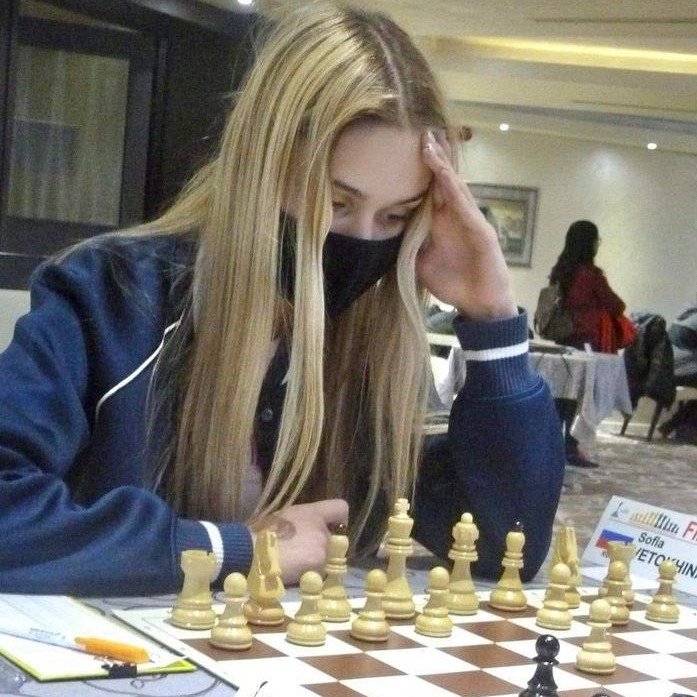Chess isn’t just about pieces on a board; it’s a battle of minds where psychology plays an essential role. From understanding your opponent’s psyche to maintaining your own composure under pressure, chess teaches players the mental endurance needed for success in both the game and life. This blend of psychology and strategy is what makes chess endlessly fascinating.
Understanding Opponent’s Intentions
Every chess game is a puzzle of anticipating your opponent’s moves. While one player might adopt a hyper-aggressive style, others may play more defensively, waiting for the perfect moment to counter. Understanding these subtle cues is a skill that grows with practice and sharpens your ability to “read” people in everyday life.
In high-stakes games, bluffing through confident moves can mislead your opponent into making poor decisions, even if your position isn’t as strong as it seems. Chess teaches that confidence and calculated risks can often sway outcomes, especially when the opponent believes they’re being outplayed.
Managing Emotions: Patience, Focus, and Composure
Chess demands emotional control and composure under pressure, as a single impulsive move can lead to defeat. The ability to stay calm and collected, even in unfavorable positions, translates well into real-life situations. Learning to manage frustration or excitement helps you make rational decisions, even when emotions run high. This skill can help you perform well under stress, think clearly, and maintain focus on long-term goals.
Adapting and Thinking on Your Feet
The psychological challenge in chess is not just about planning several moves ahead, but also adapting when things don’t go according to plan. Your opponent’s unexpected move can completely change the game, forcing you to shift your strategy on the fly. The ability to adapt while keeping a clear mind is critical in competitive play, and it fosters resilience and flexibility that’s valuable in any aspect of life.
The Power of Patience
Chess is known for its slower pace, with games that can last hours, and tournaments that can span days. This slow burn cultivates patience, a skill that’s increasingly rare in a world of instant gratification. Waiting for the right moment to strike teaches patience and the value of delayed gratification. Chess players learn that taking time to think things through often leads to better results, both on the board and in life.
Developing Self-Discipline
Playing chess well requires self-discipline—dedicating time to study strategies, practicing puzzles, and analyzing games. The psychological discipline learned in chess—showing up, staying focused, and putting in effort—helps players build habits that extend beyond the game. Self-discipline cultivated through chess practice can enhance productivity, goal-setting, and personal growth.
Building Resilience Through Losses
In chess, you will inevitably face losses, and each defeat is an opportunity to grow stronger. By analyzing mistakes, players improve and become more resilient, learning to accept failures as stepping stones rather than setbacks. This ability to rebound after a loss, especially in high-stakes games, is a critical life skill, teaching you to remain optimistic and learn from experiences rather than fearing failure.
Mind Games and Sportsmanship
Chess teaches players respect and sportsmanship. Win or lose, a handshake at the end of a match signifies mutual respect, and even in defeat, a player acknowledges their opponent’s skill. This instills humility, a reminder that no matter how skilled you become, there is always more to learn. It encourages a growth mindset, where learning is valued over victory alone.


